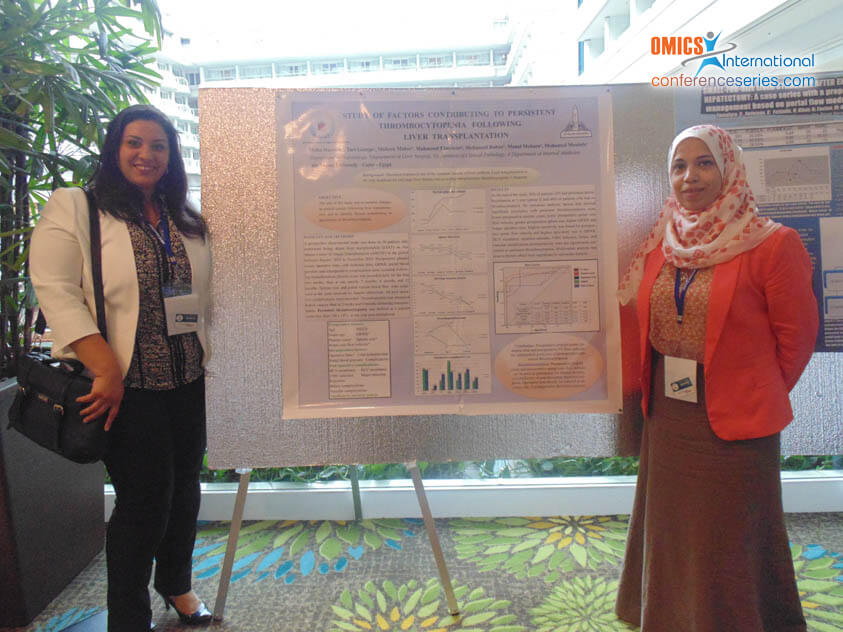
Dr. Maha Hussein
Ain Shams University, Egypt
Title: Salivary pH as an indicator for hepatocellular carcinoma
Biography
Biography: Dr. Maha Hussein
Abstract
Reports in recent years have indicated that saliva represents an increasingly valuable resource for disease diagnostics including periodontal diseases as well as different types of cancer, cardiovascular, endocrine, immune and hereditary diseases. In contrast to blood pH which is under tight control, salivary pH shows variability depending on a wide range of factors reflecting its potential variability in chronic health status. In this study, we investigated the potential role of salivary pH to reflect the state of chronic metabolic acidosis in patients with hepatocellular carcinoma. Salivary pH was measured in 300 subjects using narrow range pH strips. Subjects were divided into 3 groups, group I consists of 100 healthy volunteers, group II consists of 100 patients with liver cirrhosis and group III consists of 100 patients with HCC. Results showed a significant difference (P≤0.05) in salivary pH values between the three groups with the HCC group being the most acidic (mean value of 5.62) followed by the cirrhotic group (mean value of 6.24). The control group showed normal salivary pH (mean pH value of 6.6). The predictive performance of salivary PH as an indicator of hepatic malignancy among the 100 patients of HCC shows that the salivary pH level at a cut off value of ≤5.85 gives a sensitivity of 80% and a specificity of 84%. The non invasive and economically sound nature of this test makes it a potential auxillary test in screening for HCC.



